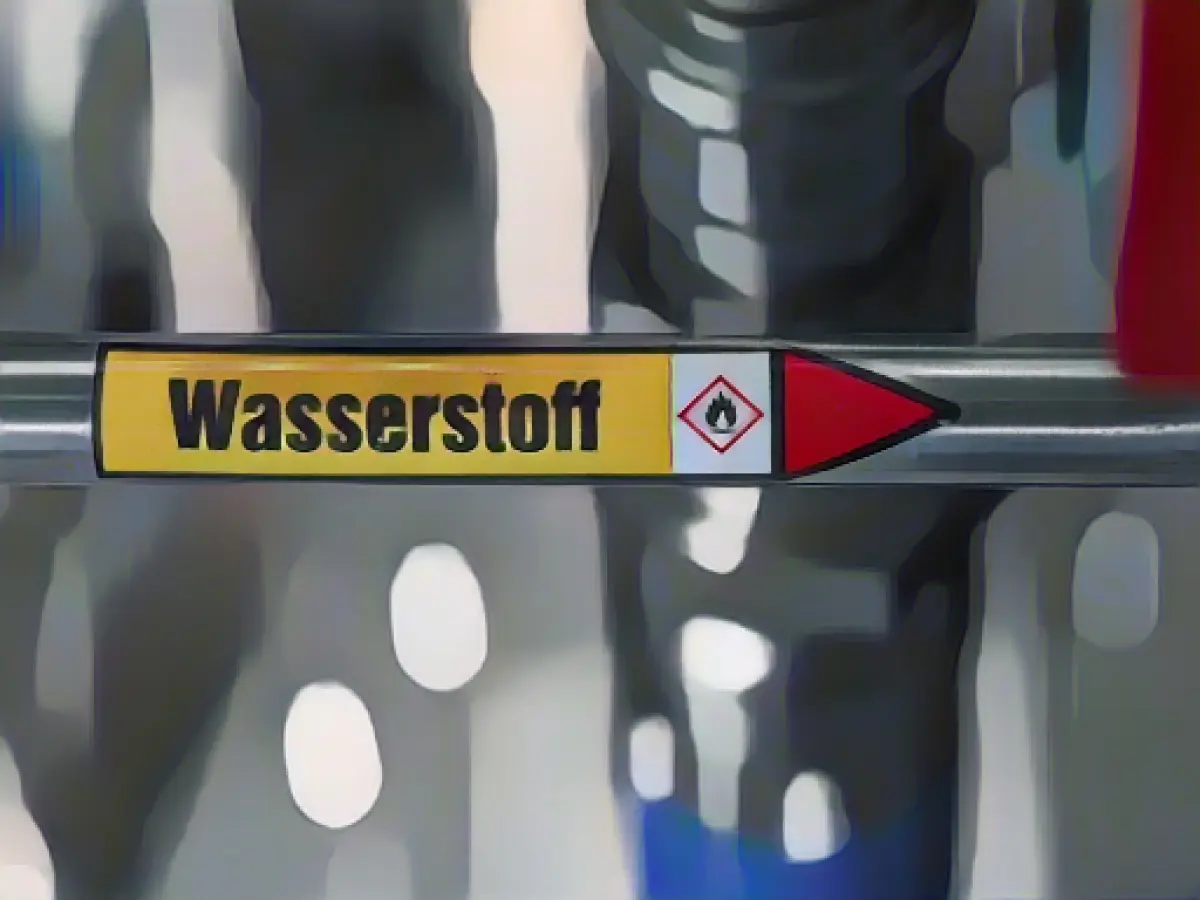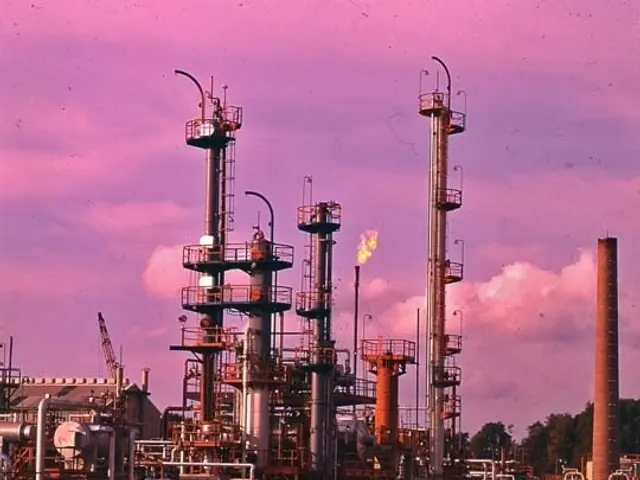Exploring Green Hydrogen in Energy-Intensive Industries in Thuringia
Thuringia's glass, ceramics, and metal industries are bracing for considerable changes in the upcoming years, as they shift towards renewable energy sources. Results from a 2-year research project, presented in Erfurt on Wednesday, might offer some solutions to this challenge. Funded by the Thuringian Ministry of Energy for approximately 400,000 euros, the project showcased how companies with thermal production processes can substitute natural gas requirements with hydrogen.
Environment Minister Bernhard Stengele (Greens) emphasized the need for Thuringia to integrate green hydrogen into the German-European hydrogen network to make progress in this area. However, expanding wind power sites, especially in Thuringia, is critical to produce green hydrogen locally.
The Thuringian Renewable Energy Network (THEREN) presented a concept for the Hermsdorfer Kreuz industrial cluster, involving several Eastern Thuringia companies. Christoph Frenkel, THEEN project manager, reported that the results confirm that not only chemical and steel industries can utilize green hydrogen in the future but also other industries such as glass, ceramics, and metal can see hydrogen as a relevant pillar for CO2-free energy supply.
Furthermore, the research highlights the significance of a decentralized hydrogen supply as a sensible entry option for a group of companies. Thuringian industrial companies are being asked to communicate their future hydrogen requirements to network operators to secure a connection to the planned hydrogen pipelines along the Autobahn 4.
Green Hydrogen Infrastructure Development
The integration of hydrogen into Thuringia's industries involves considerable infrastructure development. Network operators GASCADE, Ferngas, and TEN are driving the conversion of Thuringia's natural gas network to hydrogen, aiming to establish a sustainable energy supply based on hydrogen with a supra-regional connection. GASCADE is converting pipeline sections from natural gas to hydrogen and implementing hydrogen filling infrastructure as part of the "Flow – making hydrogen happen" project.
Industrial Applications
Hydrogen can serve as a clean energy carrier in multiple industries. For instance, the metal industry can utilize hydrogen in steel production, reducing carbon emissions and improving energy efficiency. The glass and ceramics industries may also adopt hydrogen-based processes, such as hydrogen fuel cells for electrical power generation or hydrogen-based chemical processes for manufacturing.
Public Acceptance and Policy Support
Gaining public acceptance and securing policy support are necessary for widespread adoption of hydrogen technologies. This involves establishing regulatory frameworks that encourage the use of green hydrogen and providing incentives for industries to transition.
The German-European hydrogen network supports the transition to green hydrogen by facilitating a supra-regional connection for hydrogen supply and promoting collaboration among various stakeholders, including network operators, industrial companies, and research institutions. The network provides access to funding instruments, ensuring the success of hydrogen pipeline projects and supporting the transition to a hydrogen-based economy.








